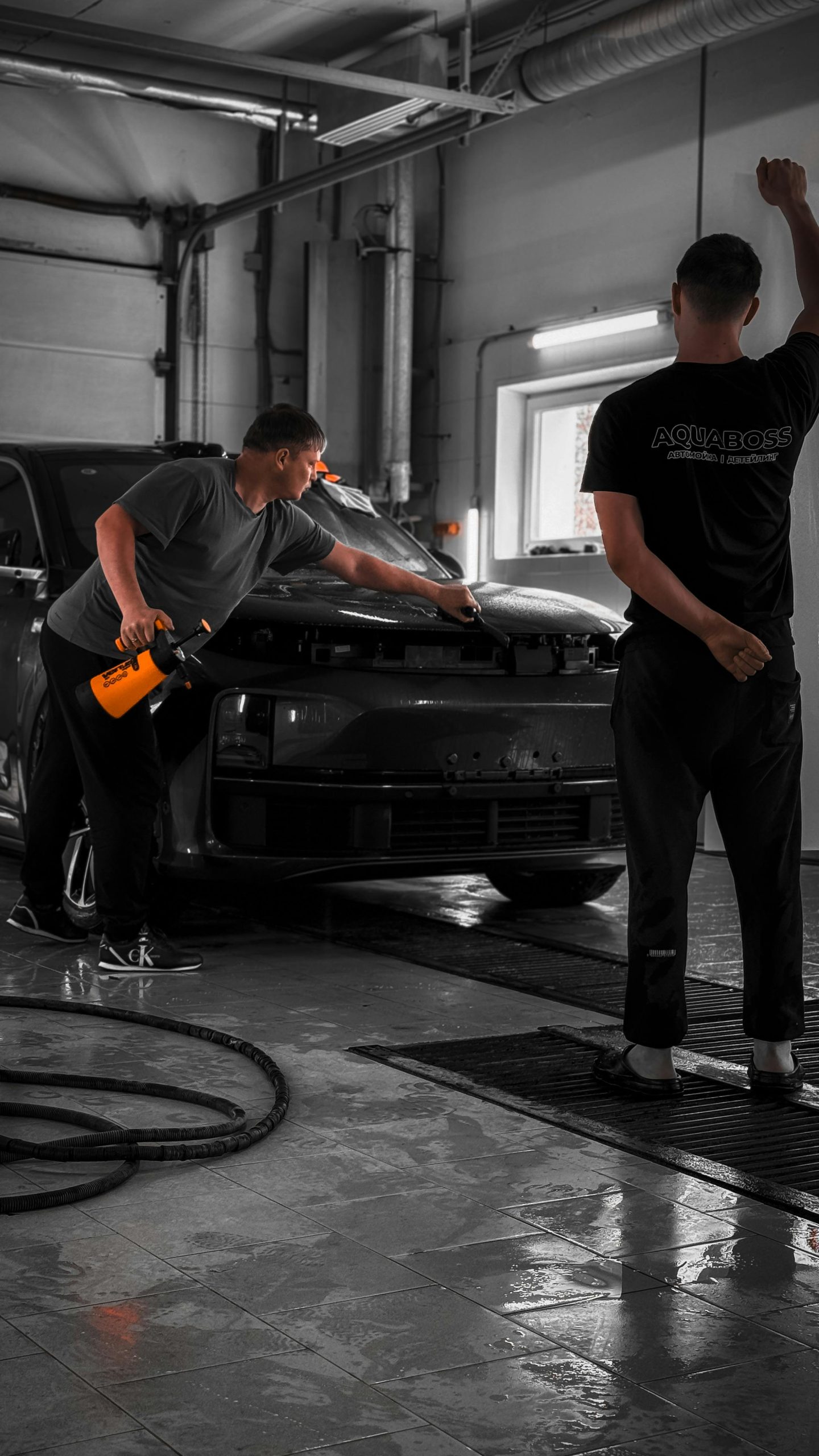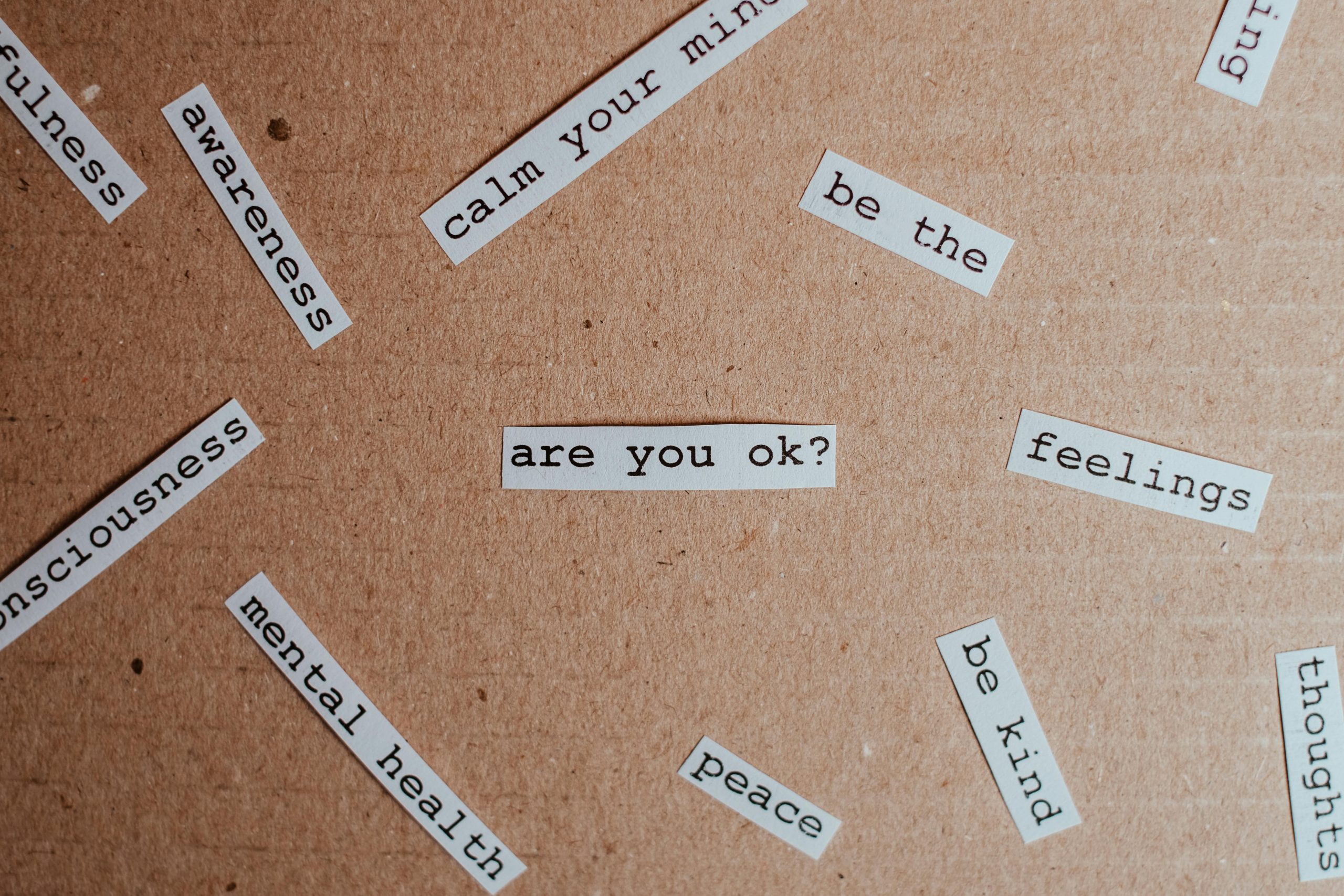Understanding Post-Accident Vehicle Repairs: Navigating Challenges and Insurance Responsibilities
Facing Post-Repair Vehicle Issues After a Rear-End Collision
A recent incident highlights some complex issues that can arise following a vehicle accident and subsequent repairs. After being rear-ended, a driver duly filed a claim with the at-fault party’s insurance company. The insurer accepted liability and directed them to an authorized repair facility to address visible damages primarily to the rear bumper and backup camera.
Initially, the repair process was delayed, but once completed, the vehicle was ready for pickup. However, upon returning to retrieve the car, the owner was met with an unexpected problem: their vehicle would no longer start. The repair shop attributed the new issue to electrical wiring complications, asserting that this problem was unrelated to their work and refusing responsibility. They advised the owner to arrange for towing and repairs independently, at their own expense.
Prior to the accident, the vehicle was functioning flawlessly, with no issues beyond the damaged bumper and backup camera that the repair was intended to fix. The owner’s attempts to seek resolution with the insurance company were met with refusal to accept responsibility for the new electrical problem, leaving them with an inoperable car, unforeseen repair costs, and a lack of support.
Key Takeaways and Actionable Steps
This scenario raises important questions about ownership, responsibility, and how to proceed when post-repair issues emerge unexpectedly. Here are some considerations for individuals facing similar circumstances:
-
Document Everything: Maintain detailed records of all communications with the repair shop, insurance representatives, and any diagnostic reports related to your vehicle.
-
Seek a Professional Evaluation: Have an independent mechanic inspect the vehicle to determine the cause of the electrical issue and whether it could be related to the collision or repair process.
-
Review Insurance Policies and Coverage: Understand what your insurance policy covers regarding post-repair problems and whether your collision coverage might assist in these circumstances.
-
File a Complaint or Seek Legal Advice: If the repair shop refuses to accept responsibility, consult consumer protection agencies, or consider legal options to pursue compensation for damages caused by their workmanship.
-
Contact Your State’s Department of Motor Vehicles (DMV): Some jurisdictions offer dispute resolution services or can provide guidance on handling post-repair vehicle issues.
Final Thoughts
Dealing with unexpected complications after vehicle repairs can be frustrating and financially burdensome. It’s crucial to stay proactive, gather evidence, and understand your rights. While



